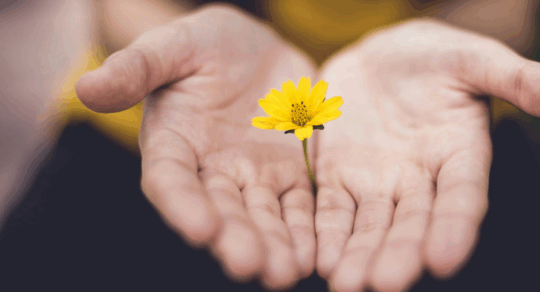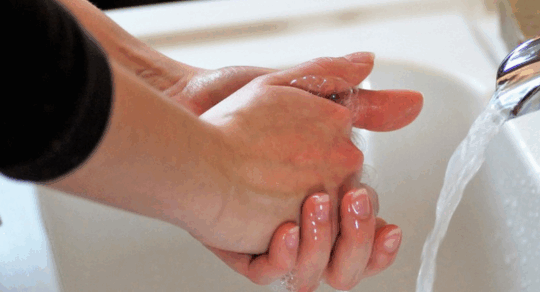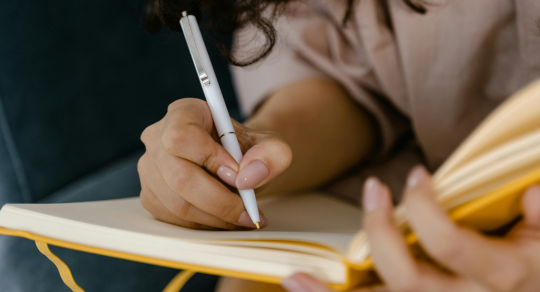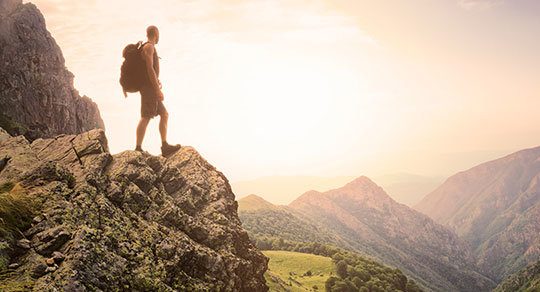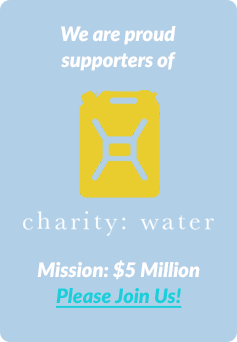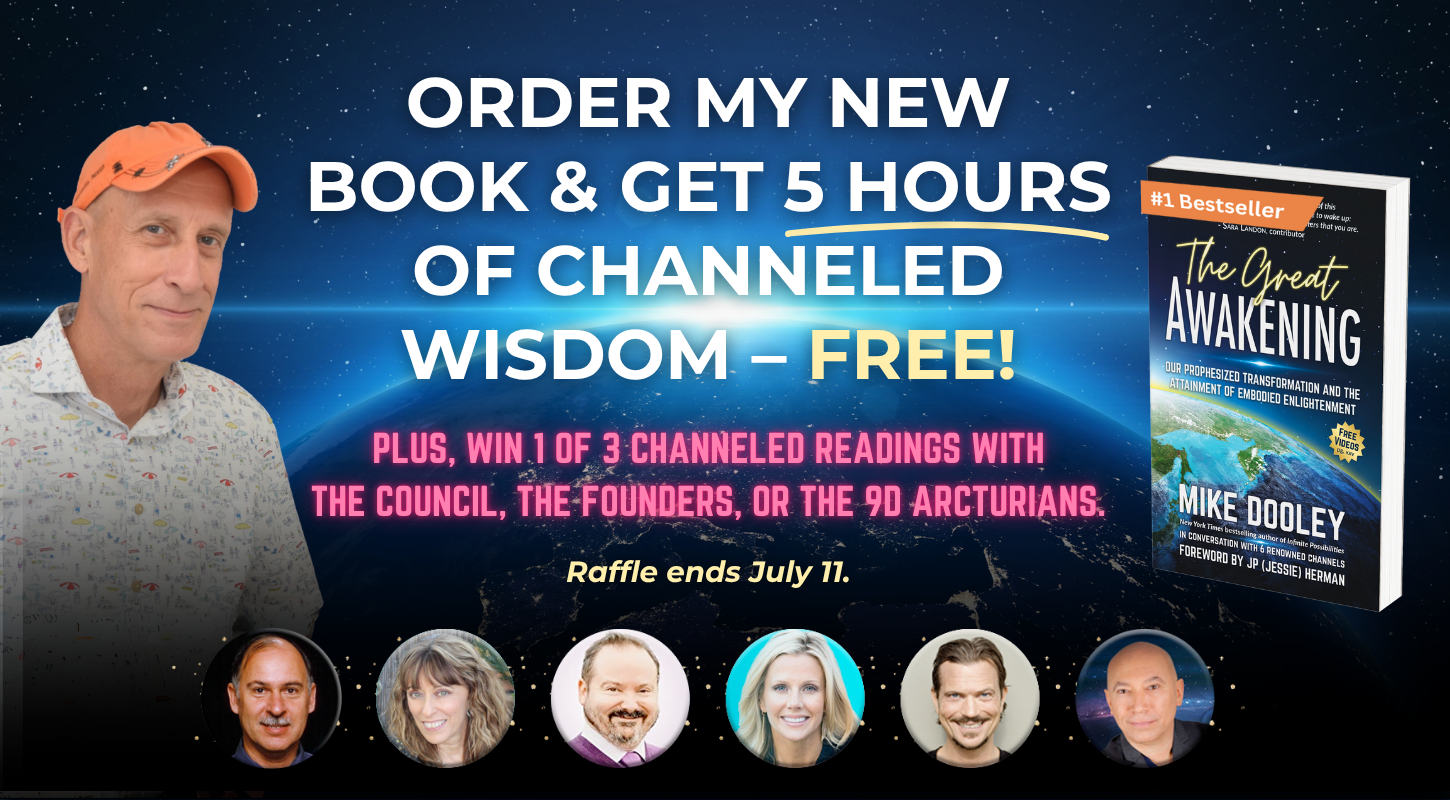Creating Your Own Certainty During Uncertain Times
Every 20 minutes my phone flares with another coronavirus update. More positive tests, more lives lost, and more elected officials arguing. Confusion and fear are delivered to my fingertips constantly.
But as I look outside, the sun is shining and there are people, children and adults, playing outside again. In my social media feed, friends are recognizing the heroism of healthcare workers. There’s something magical about all of this, and I can’t help but wonder, what if all this fear has a purpose?
COVID-19 is a worldwide tragedy, make no mistake about it. We’re losing loved ones with real families, just like yours and mine. But when tragic events occur, it’s easier to turn to fear and blame a higher power—the universe, God, the Easter Bunny, anyone really—than to make an effort to understand what can be learned.
I have a few theories on why we do this…
As humans we’ve become conditioned to choosing what deserves our attention and what doesn’t. Some of us remember waiting for hours by the radio to hear our favorite song, so that we could push record and listen to that song whenever we wanted. Now we’ve harnessed that urge on a worldwide scale. We fully leverage our power to skip YouTube ads, stream the shows we want when we want, and choose the content we’re served. In other words, we’ve become spoiled control freaks. And let’s be honest, this urge spans all generations; the iPhone, Amazon Prime, and Netflix are today’s great equalizers.
So when events happen that we can’t “skip,” we’re stuck to face facts, we’re forced to cope. In a world of convenience and certainty, this feels gross, and to make matters worse, most of us have forgotten how to cope. Some of us never even learned in the first place. Maybe we’ve adapted to sweep feelings under the rug, or had the luxury of hiding from fear because “those things don’t happen in this neighborhood.” Those defenses won’t work against COVID-19, which doesn’t care where you live.
This is also absolutely terrifying for many of us because it’s a reminder of other events that have scarred the American psyche, like 9/11 or the Great Recession. We’re reminded that when bad things happen, we don’t control the outcome. We can stay home, wear gloves, social distance, and wash our hands until they bleed, but we still don’t get to choose. We also bear the burden of helping to stop the spread, so we know we can’t run to our friends and family members, our support systems, at least not in person.
But this fear also allows an invisible enemy to take away our one superpower: thought. We choose how we want to view the current situation, not the virus. In other words, we still get to decide the content that we’re served.
What are the simple things that you pushed to the wayside because you were too busy? In my case, gyms in New York have closed. At first, life without my kickboxing class or Stairmaster were inconvenient, but without the closures I never would have returned to running outside. I never would have explored my neighborhood on foot the way I have recently. I’ve fallen in love with my community again.
Or before COVID-19, how many times did you feel so overwhelmed that you wished life would just slow down so that you could catch your breath? This is that moment.
For those living without a steady paycheck, our hourly workers and small businesses, maybe it’s not this simple. But for those of us who are fortunate enough to be paid, let’s give back to the restaurant workers and others who need our help. Don’t know where to start? Stay home, but order that takeout, tip a little extra. The ability to be a good neighbor has never been easier.
My point is, for the first time in a while people can look out for one another—and guess what, they are! It’s a shame that it had to get to this point, but nevertheless we’re finally doing it. What if this is society’s wake-up call, our chance to become better as a global community?
Maybe all this insanity could make us saner. Companies might see that work can be done remotely, so parents can spend time watching their kids grow. Perhaps our fragile healthcare system will break but be rebuilt with better processes, that in turn, lead to a healthier future. Or maybe it will just become more acceptable to wear sweatpants in public. Wouldn’t that be great?
Regardless, we owe it to ourselves to control our thoughts in this “new normal.” Anxiety and fear are normal, allow yourself to feel them, but also allow yourself to use them. Whether we stand six feet apart or we’re quarantined in our homes, our actions, our energies, and our intentions still ripple outward and touch others. You have a chance to be someone else’s beacon.
Maybe idealism is just my coping mechanism, but just like the virus, I believe that hope can also be contagious. Imagine if we all tried to learn from this situation instead of trying to live in constant fear?


